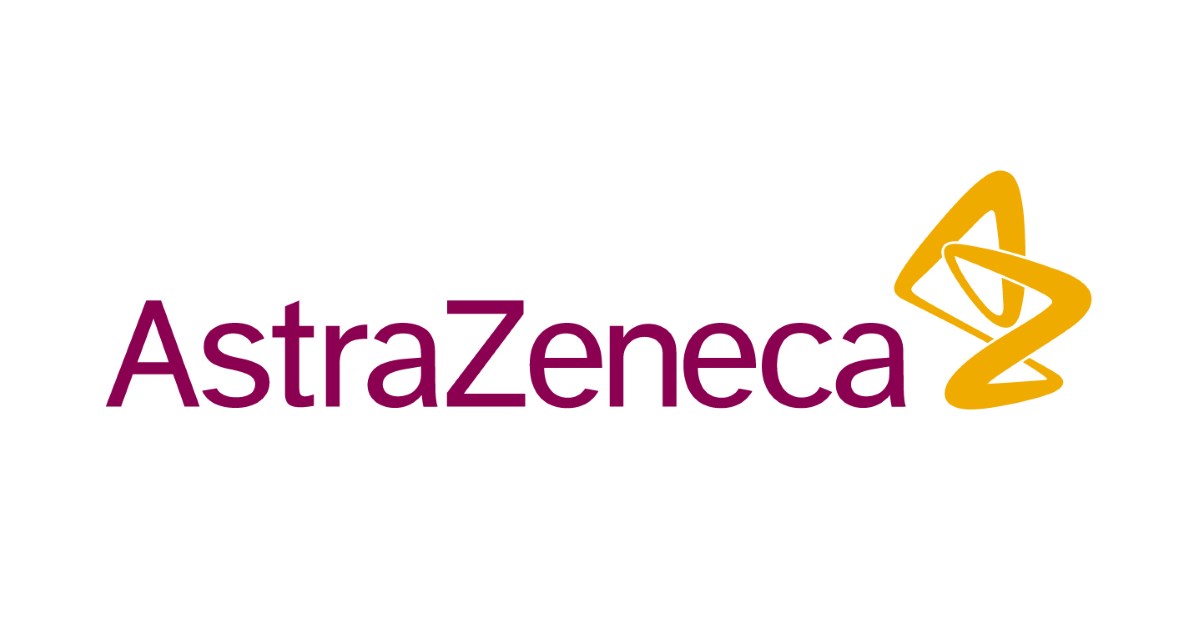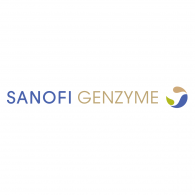

CADSET is a pan-European network committed to promoting clinical research in chronic airway diseases. The overarching working hypothesis of CADSET is that Asthma and Chronic Obstructive Pulmonary Disease (COPD) represents a continuum of heterogeneous chronic airway diseases that share clinical, functional, imaging and/or biological mechanisms (i.e endotypes), that can be identified by appropriately validated biomarkers, which may constitute novel therapeutic targets.
Multi-level (clinical, functional, imaging and molecular) profiling of well-characterized patients with chronic airways disease, spanning the spectrum of asthma and COPD, that considers both peak lung function achieved in early adulthood and the rate of lung function decline, may lead to the identification of distinct endotypes (and appropriate biomarkers) which may, in turn, inform a mechanism-based disease classification and a more personalized treatment of patients with chronic airways diseases.
To achieve those aims five working groups have been composed and are the scientific drivers of CADSET.
The Stakeholder Board offers an open forum composed by a strong and worthy partnership between the different stakeholders groups e.g clinician researchers, scientific experts, funding partners and patient advisors where project proposals and results are openly discussed. The Governance Committee forms the core deciding body of CADSET and is composed by the CRC Chairs, the Working Leads, patient and will drive the research agenda. An External international advisory board (EAB) of leading experts in the field will assess and input on the research agenda.
Bringing together the expertise of all these groups is certain to provide the means to achieve the goals of CADSET.
If you are interested in more information about CADSET or would like to join the network, please contact scientific@ersnet.org.









